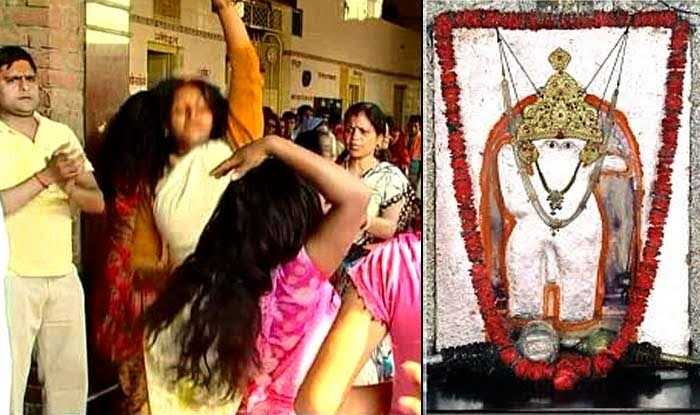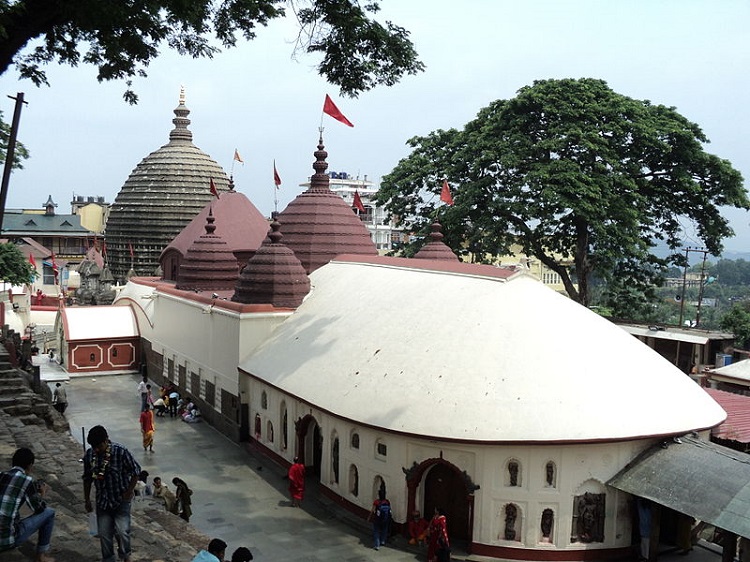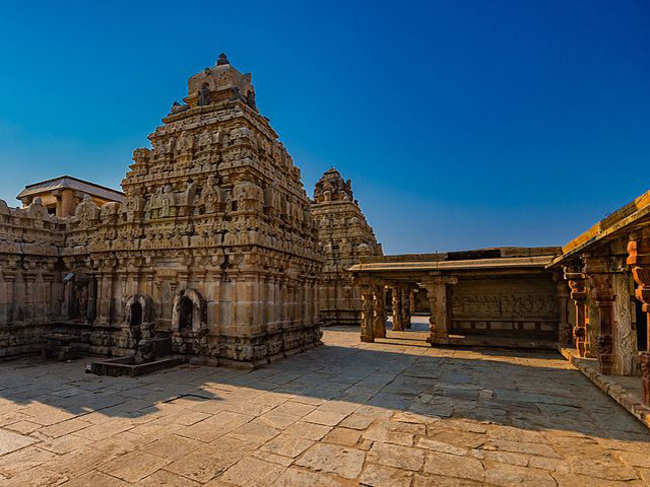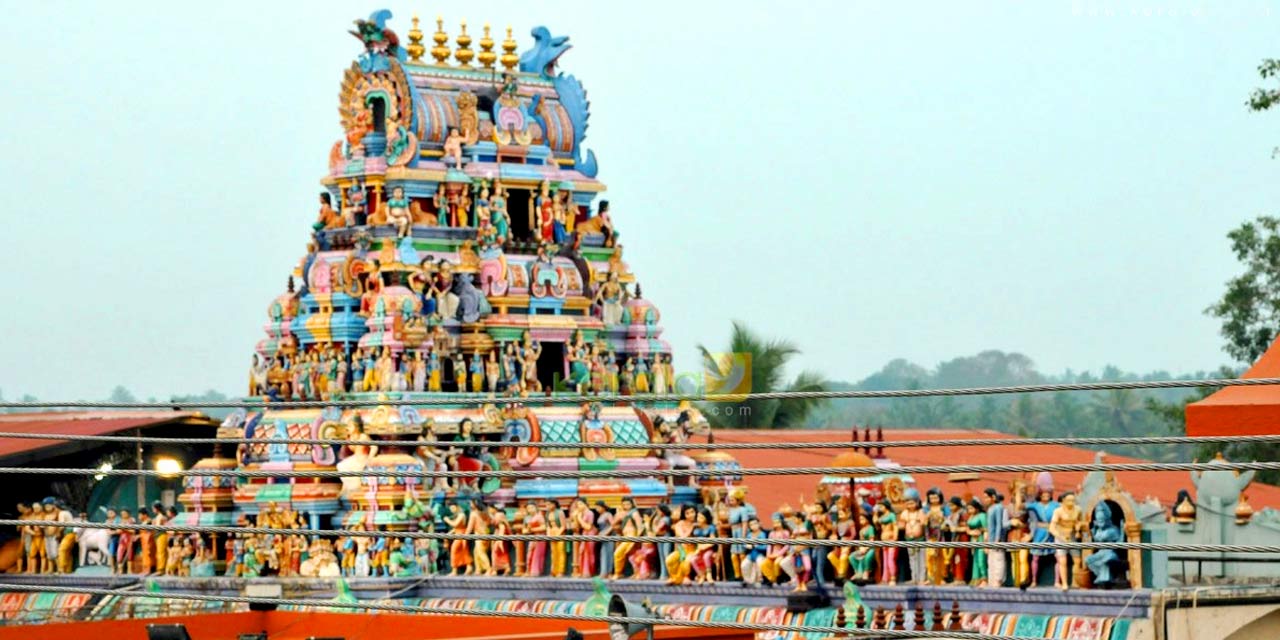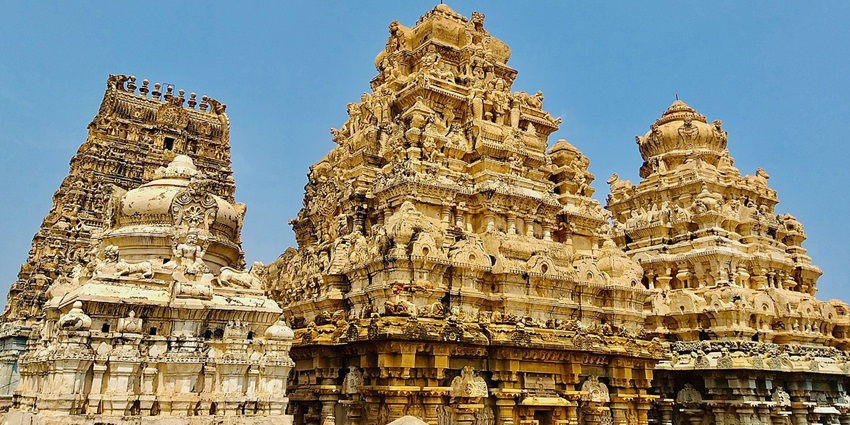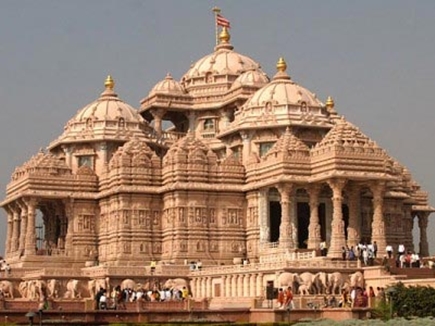
Devji Maharaj Mandir: Unveiling the Mysteries of Bhoot Mela
Exorcism has deep roots in Indian cultures, and the town of Mayong stands as a testament to its significance. One such intriguing place where debates surrounding Chetabadi are not new is Devji Maharaj Mandir in Malajpur. This temple hosts the annual ‘Bhoot Mela,’ a unique festival dedicated entirely to the practice of exorcism.
Devji Maharaj Mandir and Bhoot Mela
Located approximately 300 kilometers away from Bhopal, the annual Bhoot Mela at Malajpur is a captivating event focused on exorcism. Celebrated from the first day of Paush Poornima until Basant Panchami, this festival in February draws devotees from Madhya Pradesh, Maharashtra, Rajasthan, and Andhra Pradesh. Thousands gather to participate in exorcism practices, believing it brings prosperity to their lives.
Historical Significance and Supernatural Powers
Devji Maharaj, believed to have been born around 17000 BC, possessed supernatural powers. Legends speak of his ability to turn sand into salt, clay into jaggery, and stones into coconuts. He gained fame for helping during droughts and controlling evil spirits, leading to the construction of the temple in his remembrance. Exorcism has been practiced here for centuries, with the Malajpur Bhoot Mela continuing for the last 400 years.
Exorcism Practices at Bhoot Mela
The practice of exorcism at Devji Maharaj Mandir begins after the evening ‘aarti.’ Devotees perform ‘parikrama,’ walking anti-clockwise, while the possessed walk clockwise. Chanting ‘Guru Maharaj Ki Jai,’ families bring forward the possessed, and various rituals, including sprinkling holy water and lit camphor, are performed. Some become hysterical and collapse, while others are hit with brooms to expel evil spirits. Despite debates surrounding its nature, many claim to have experienced recovery after attending the Bhoot Mela.
Controversies and Perspectives
While the practice of exorcism has deep cultural roots, NGOs and organizations have deemed it heinous, calling for a ban. Psychologists argue that those considered possessed may suffer from untreated mental illnesses. Regardless of perspectives, the Bhoot Mela at Devji Maharaj Mandir remains a unique and intriguing aspect of India’s diverse cultural landscape.
